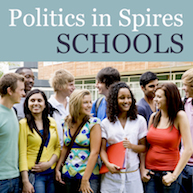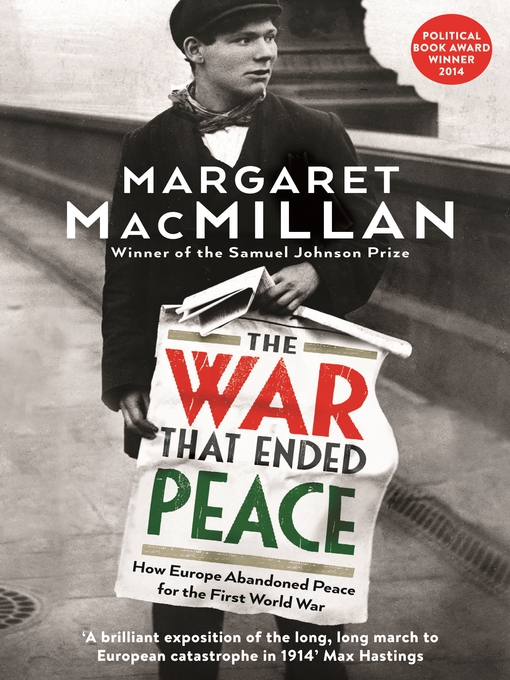The divide between subjects taught in the school classroom and university-level research is often exaggerated. Someone between 16-18 would be familiar with many themes addressed by Oxford’s Department of Politics and International Relations (DPIR). Still, some content, and especially research methods, would be completely new.
Articles published in this series are part of a pilot scheme to bridge this divide. Recently, postgraduates from the DPIR visited schools to discuss its research programme with 16-18 year-old students taking courses in government and politics.
The conversation pointed to many similarities. All A-level Politics courses aim to develop critical awareness of the nature of politics and increase understanding of the structures of authority and power. This is also true of University research.
These discussions were wide ranging and in response to an introduction to diverse research themes, the 6th form students raised a number of questions:
- Why do international powers intervene in certain situations and not in others?
- How is the legitimacy of humanitarian intervention determined?
- What is the European Union’s role on the global stage?
- Is there a rise in political extremism in Europe?
- How does national media coverage on Europe differ within European countries?
- What role does Scotland play in UK politics?
- What would be the effect of lowering the voting age to 16?
- What is the future for inheritance tax?
- Are political ideological positions fixed or settled?
- In what ways has the governance of the UK changed over the last 30 years?
- How have the ways politician talk changed over recent years?
- Why is the issue of ethical standards in public life so fraught?
- Does intergenerational justice only count for future generations or does it apply to current generations?
- What questions are critical for current feminist research?
The posts in this series, written by academics and postgraduates, attempt to answer some of these questions, and highlight features of current research in these areas. We’d like to thank the schools and 6th Form Colleges for taking part in this pilot project and for their interest in our research.
Politics In Spires Schools posts:
- Stuart White: ‘Towards a citizens’ inheritance?” Stuart White reviews the proposal for passing a proportion of wealth between the generations to finance a capital grant in early adulthood for every citizen.
- Michael Freeden: “On Political Ideologies”. Michael Freeden explains the importance of political ideologies to every aspect of political and social life.
- Ruth Dixon and Christopher Hood: “Yesterday’s Tomorrows – What Happened to the Future of Government?”. Christopher Hood and Ruth Dixon explain the results of their recent project aiming to assess the effects of successive efforts to reform the government of the UK over the past thirty years.
- James Tilley: “What would change if the voting age was lowered to sixteen?”. James Tilley investigates the potential political impact of extending the franchise to 16 and 17 year olds.
- Emily Katzenstein: “Rethinking Europe in a non-European world”. Emily Katzenstein writes about Kalypso Nicolaidis’ RENEW project – exploring future prospects and roles for Europe in a changing global arena.
- Jim Gallagher: “The Prospect of Scottish Independence”. Jim Gallagher examines the potential consequences of a ‘yes’ vote both for an independent Scotland and the rest of the UK.
- Hugo Slim: “Protecting Civilians”. Hugo Slim investigates the current state of international politics regarding the legitimacy of humanitarian intervention and the responsibility to protect.
- Spyros Kosmidis: “We were just using different words to mean the same thing: Exploring the affective norms of political party manifestos”: Spyros Kosmidis outlines the current findings of a research project that aspires to measure and understand the affective norms of political discourse.
- David Hine: “The Trouble with Standards in Public Life”. David Hine writes on the problems encountered when trying to encourage higher standards in public life in the UK.
- Elizabeth Frazer and Katharine Millar: “Gendered violence in Conflict”. Frazer and Millar discuss how the roles of men, as active agents, and women, as passive victims, in war have been buttressed by current understandings of the use of rape in conflict zones and how this gendered understanding of conflict roles has negative consequences for the movement towards gender equality and the goal of eradicating rape in war.





No Comment